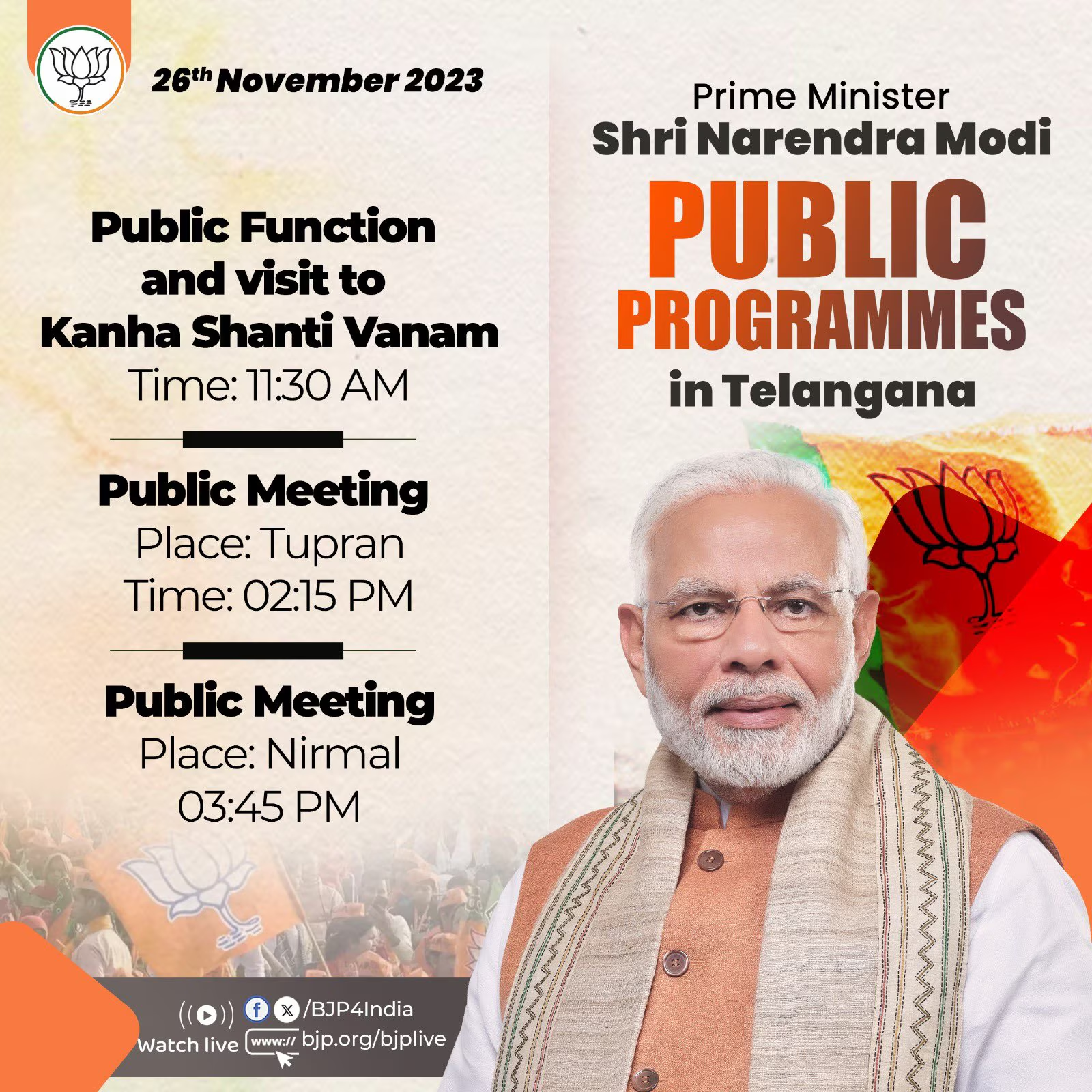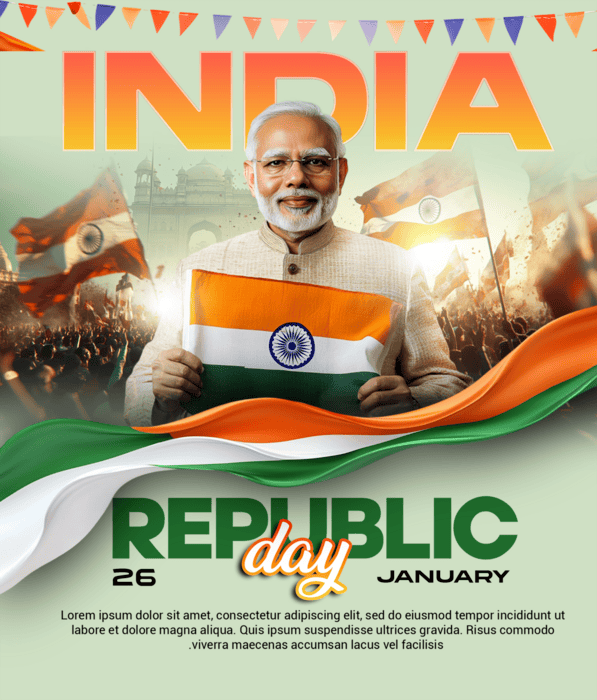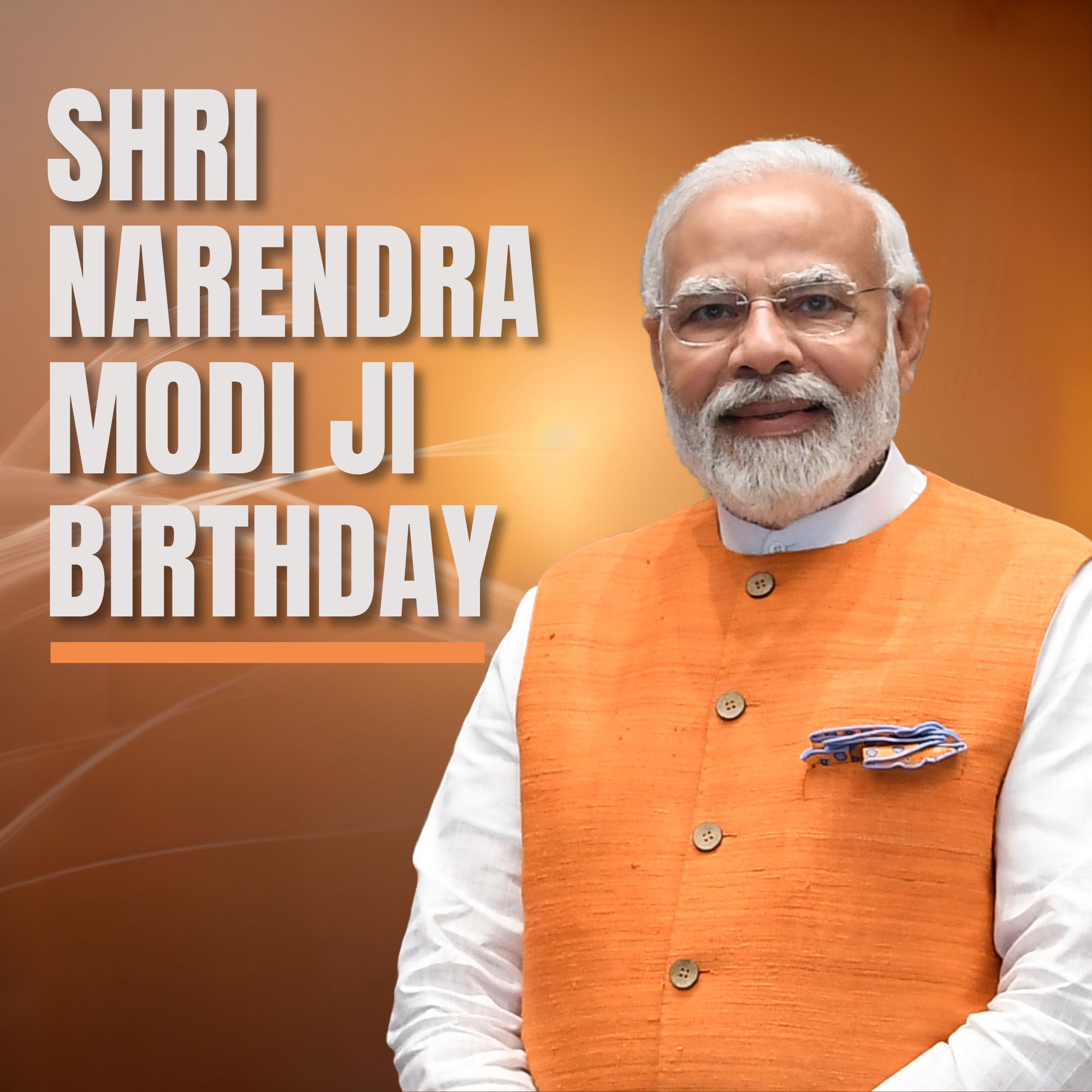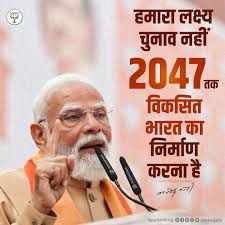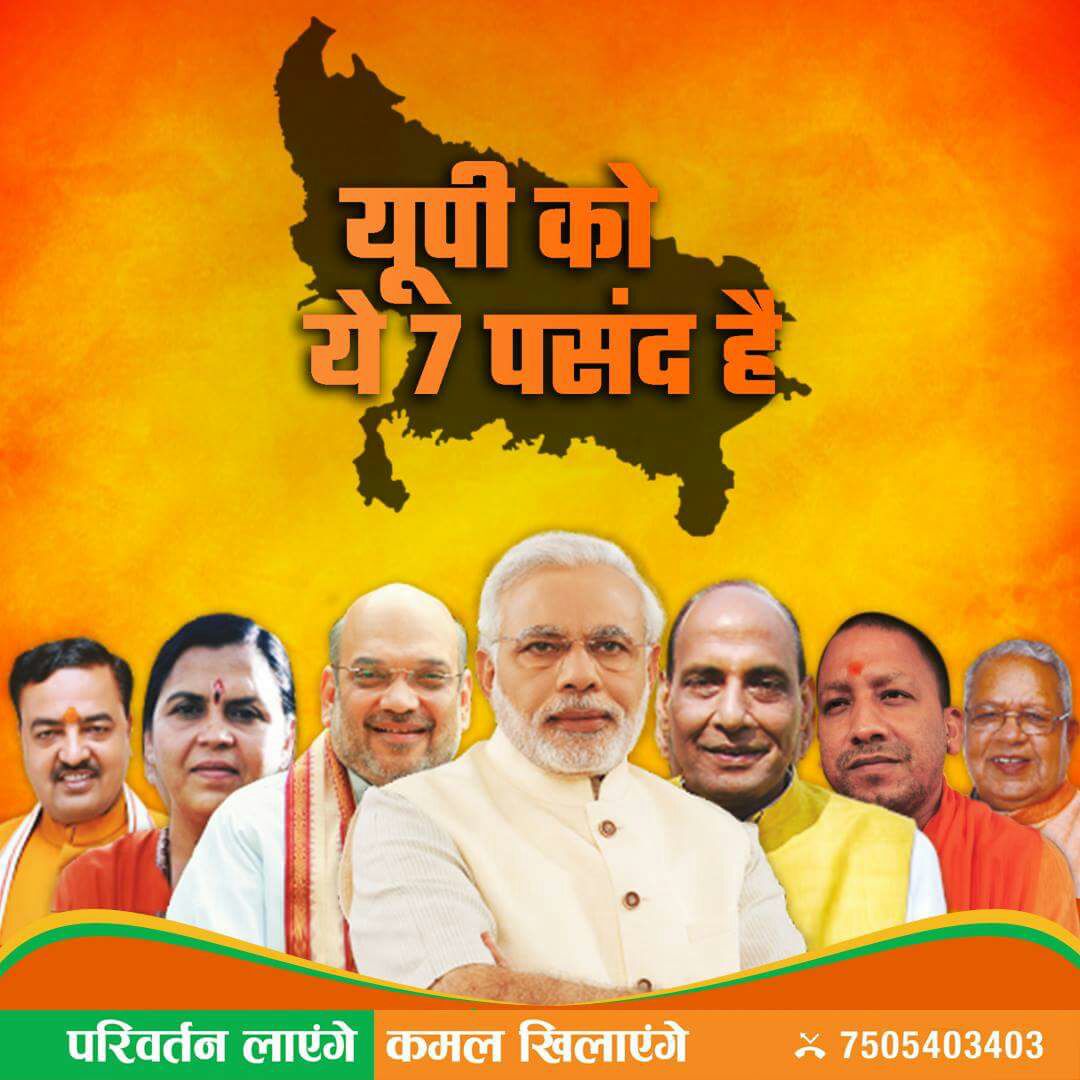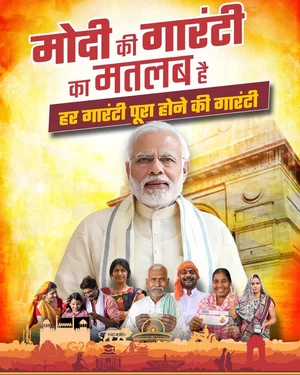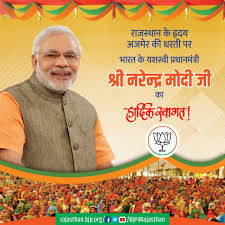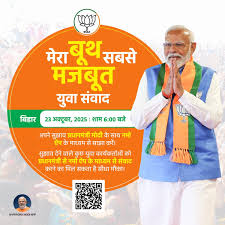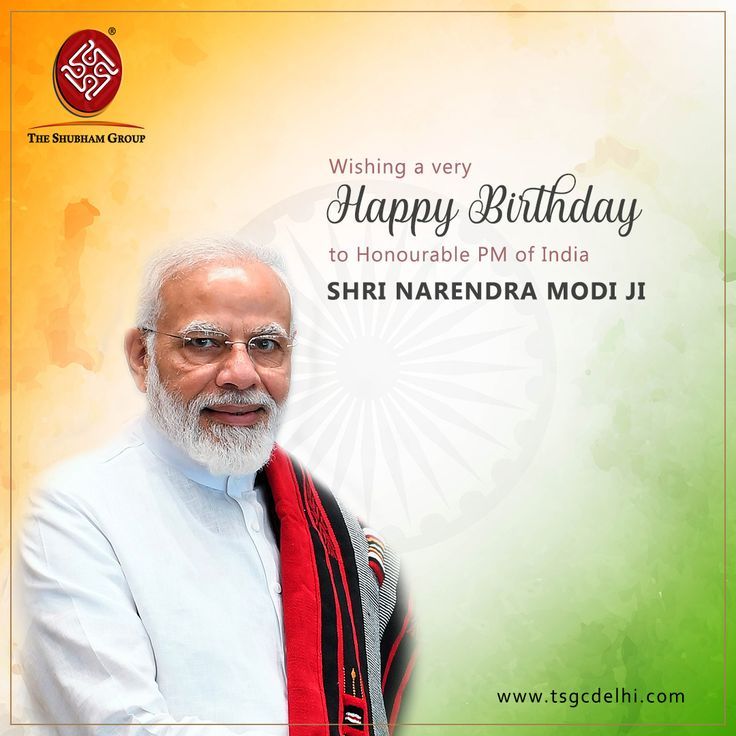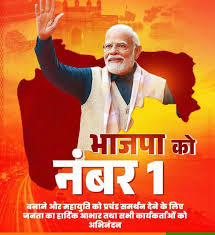.jpg)
Narendra Modi
PRIME MINISTER OF INDIA
About
Early Life
Narendra Damodardas Modi was born on 17 September 1950 in Vadnagar, in the Mehsana district of what was then Bombay State, now part of Gujarat. He was born into a Modh-Ghanchi family, classified as an Other Backward Class (OBC). His father, Damodardas Mulchand Modi, and mother, Hiraben Modi, raised six children, with Narendra Modi being the third. During his childhood, he assisted his father at a tea stall near the Vadnagar railway station, an experience that he has often referenced as shaping his understanding of hardship and public life.
From an early age, he became associated with the Rashtriya Swayamsevak Sangh (RSS), joining the organization at around eight years old. The RSS played a significant role in shaping his ideological outlook and political direction. His upbringing, marked by modest means and strong organizational discipline, laid the foundation for his later political career.
Education
Modi completed his schooling in Vadnagar. He later pursued higher education, earning a Bachelor’s degree in Political Science from the University of Delhi through distance learning. He subsequently obtained a Master’s degree in Political Science from Gujarat University. His academic background in political science complemented his growing involvement in organizational and political activities.
Political Career
Narendra Modi became a full-time pracharak (campaigner) of the RSS in 1971, dedicating himself to organizational work. In 1985, he was deputed by the RSS to the Bharatiya Janata Party (BJP), where he began to rise through the party ranks due to his organizational skills and strategic approach to campaigning.
In 1998, he was appointed National General Secretary of the BJP, playing a key role in expanding the party’s political base across several states. In October 2001, following the resignation of Keshubhai Patel, Modi was appointed Chief Minister of Gujarat. He subsequently won a by-election to the Gujarat Legislative Assembly and served as Chief Minister from 2001 to 2014. His tenure was marked by economic development initiatives, industrial growth, and infrastructure expansion, though it also included significant controversy related to the 2002 Gujarat riots.
In 2014, Modi led the BJP to a decisive victory in the general elections, securing a single-party majority in Parliament the first since 1984. He became the 14th Prime Minister of India. During his first term, his government launched major initiatives such as Make in India, Digital India, Swachh Bharat Abhiyan, financial inclusion programs, and large-scale infrastructure projects. His administration also implemented significant policy measures including the 2016 demonetisation and the introduction of the Goods and Services Tax (GST) in 2017.
In 2019, he was re-elected with a larger mandate. His second term included major decisions such as the abrogation of Article 370, the enactment of the Citizenship Amendment Act (CAA), and various national security and foreign policy initiatives. His government also managed India’s response to the COVID-19 pandemic and later repealed farm laws introduced in 2020 after widespread protests.
Narendra Modi continues to serve as the Prime Minister of India. Following the 2024 general elections, the Bharatiya Janata Party formed the government under the National Democratic Alliance (NDA) coalition. As Prime Minister, he remains a central figure in Indian politics, overseeing domestic governance, economic policy, foreign relations, and national security. His leadership continues to influence India’s political landscape and its global standing.
Party Activities
Prime Minister of India
Bharatiya Janata Party
Joined
Bharatiya Janata Party
Secretary
Bharatiya Janata Party
General Secretary
Bharatiya Janata Party
Chief Minister-Gujarat
Bharatiya Janata Party
Chief Minister-Gujarat
Bharatiya Janata Party
Chief Minister-Gujarat
Bharatiya Janata Party
Chief Minister-Gujarat
Bharatiya Janata Party
Chief Minister-Gujarat
Bharatiya Janata Party
Chief Minister-Gujarat
Bharatiya Janata Party
